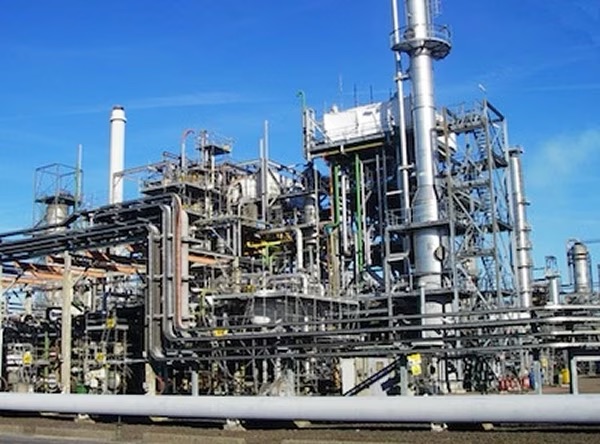After years of delays and extensive rehabilitation efforts, the Port Harcourt Refinery has officially commenced production, marking a significant milestone in Nigeria’s quest for energy self-sufficiency. The refinery, located in Rivers State, is now operational, producing petroleum products to reduce the country’s reliance on imported fuel.
The Nigerian National Petroleum Company Limited (NNPCL) confirmed the development, stating that the refinery’s first phase is functional, with a production capacity of 60,000 barrels per day. This is expected to rise as further rehabilitation phases are completed. The facility, which has undergone comprehensive repairs, is part of the federal government’s effort to revitalize Nigeria’s ailing refining infrastructure.

The refinery’s reopening is seen as a strategic move to address the nation’s persistent fuel shortages and rising import bills. Stakeholders hope that local refining will stabilize fuel supply, reduce pump prices, and ease the economic pressure caused by fluctuating foreign exchange rates.
Minister of State for Petroleum Resources, Heineken Lokpobiri, commended the progress, emphasizing that the facility’s operation will bring relief to Nigerians and support the government’s push for energy security. He added that it signals a turning point in Nigeria’s oil and gas sector, with efforts underway to rehabilitate other refineries in Warri and Kaduna.
However, some industry experts remain cautious, calling for transparency in the refinery’s operations and efficient management to sustain production levels. They also highlighted the need for private sector involvement to ensure long-term viability and global competitiveness.
The Port Harcourt Refinery’s restart is expected to boost Nigeria’s economy by creating jobs, reducing fuel import dependency, and conserving foreign exchange. Nigerians now watch closely to see if this marks the beginning of a new era for the country’s refining capacity.